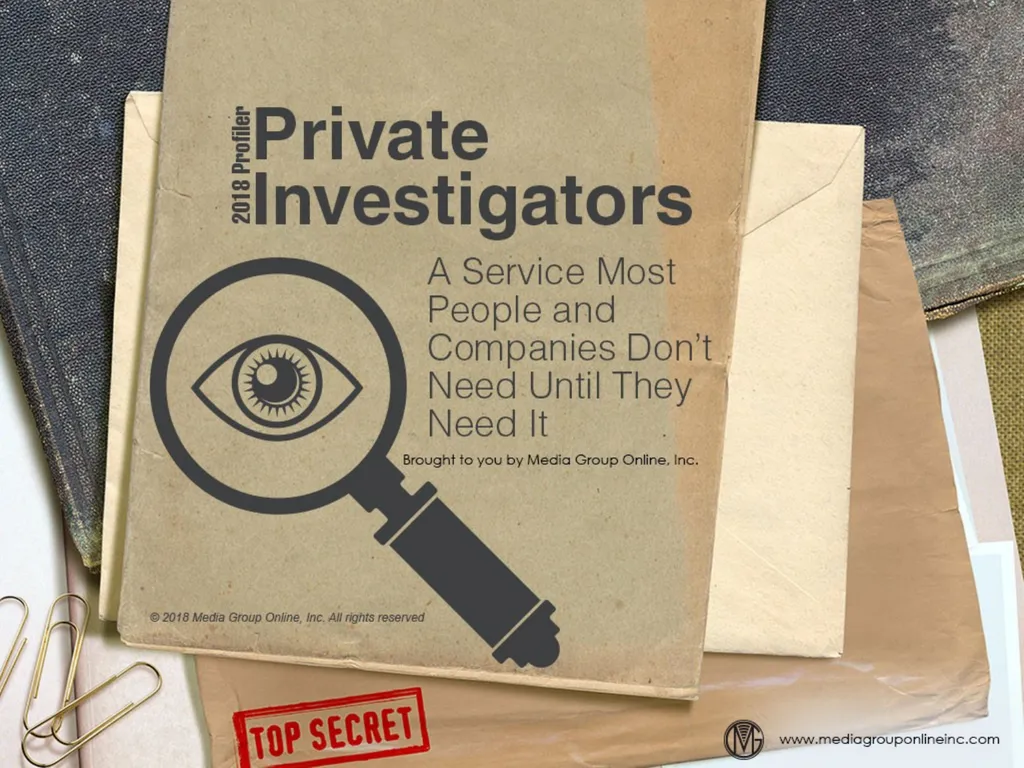
Author : conchita-marotz | Published Date : 2025-05-14
Description: Overview of Private Investigation Industry According to IBISWorld, the private investigation industry generated approximately 6 billion annually, as of January 2017, and has grown an average of 1.6 each year from 2011 to 2016. There wereDownload Presentation The PPT/PDF document "" is the property of its rightful owner. Permission is granted to download and print the materials on this website for personal, non-commercial use only, and to display it on your personal computer provided you do not modify the materials and that you retain all copyright notices contained in the materials. By downloading content from our website, you accept the terms of this agreement.
Here is the link to download the presentation.
"Overview of Private Investigation Industry"The content belongs to its owner. You may download and print it for personal use, without modification, and keep all copyright notices. By downloading, you agree to these terms.













